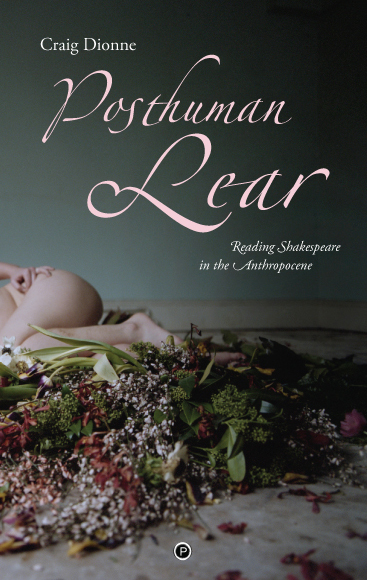 ENGL 574: Nature, the Earth, the Human, and the Renaissance: Environmental Perspectives from Ovid to Shakespeare (Special Topics in British Literature Before 1800).
ENGL 574: Nature, the Earth, the Human, and the Renaissance: Environmental Perspectives from Ovid to Shakespeare (Special Topics in British Literature Before 1800).
Professor: Dr. Yunah Kae
Location: CofC
Time: Wednesday 5:30 – 8:15
Room: TBA
Can reading ‘archaic’ literature impact a modern world constantly threatened by global climate change, pandemic, and large-scale natural disasters? How might we put literature to use in curbing mass environmental damage? This course faces this challenge—first, by exploring critical conversations of the last two decades in the interdisciplinary field broadly defined as “environmental humanities”; and second, by recovering how premodern peoples thought and wrote about the “human” and their relation to the environment.
This course thus puts into conversation pre-1800 literature with contemporary theories of eco-criticism, posthumanism, animal studies, post-colonialism, and critical race studies. We will read (subject to change) pastoral poetry by Virgil and Ben Jonson, travel narratives by Sir Walter Raleigh and Richard Hakluyt, utopian fiction by Thomas More and Margaret Cavendish, metamorphoses literature by Ovid and John Lyly, as well as medieval flood plays and early modern drama by Shakespeare and John Fletcher. Alongside our primary material, we will also read criticism by (but not limited to) Steve Mentz, Vin Nardizzi, Jean Feerick, Raymond Williams, and Cary Wolfe.
Throughout the semester, we will move across theoretical concepts of the Anthropocene, the human and the “post-human,” the binary of the pastoral Paradise and apocalyptic Ruins, and also address how premodern ideas about Nature intersect with histories of race and colonialism. Through our readings, we will consider how premodern understandings of the “natural world” and human agency within it resemble and differ from the present, to aid us in our current global challenge to imagine radically alternative relationships with the earth.
Comments are closed.